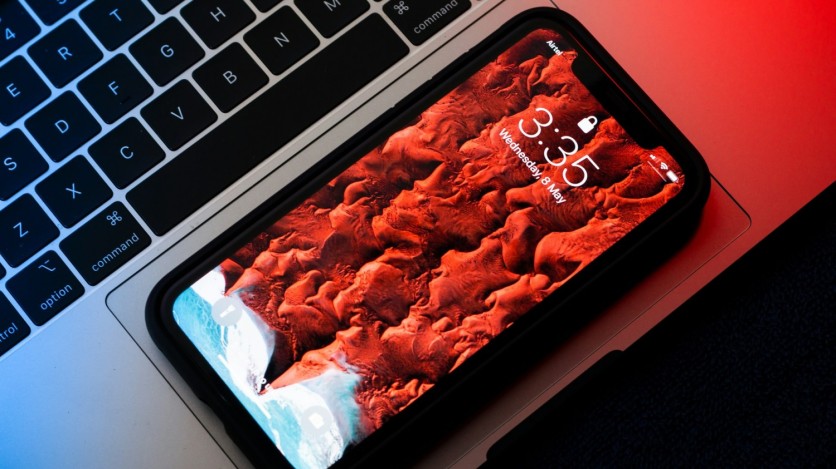Apple's operating systems for late 2025 are reportedly being developed just barely a month after Apple iOS 18, Apple Intelligence, was announced during the iPhone-maker's Worldwide Developers Conference (WWDC) 2024.
As is customary, Apple is finishing up the groundwork for the upcoming software releases in 2024 and concentrating on the forthcoming year. Developers now have access to iOS 19, iPadOS 18, watchOS 11, and macOS 15 Sequoia betas.
The fall of 2024 will see the release of those OS improvements alluded to during the WWDC conference. Reports indicate that Apple's engineers have begun focusing on the releases scheduled for late 2025, such as iOS 19, watchOS 12, macOS 16, and visionOS 3.

Each of these upcoming releases has a codename. According to reports, the macOS 16 version is named "Cheer," while the iOS 19 version under test is nicknamed "Luck." WatchOS 12 has been given the codename "Nepali," and visionOS 3 is reportedly dubbed "Discovery."
The corporation typically begins work on these OS updates well in advance to coordinate software with upcoming hardware items currently under development. Furthermore, this timeframe is similar to prior years and is not expedited.
Other items are scheduled for release in 2025, in addition to the anticipated unveiling of new iPhone, iPad, and Mac models later in 2024. This is anticipated to feature a less expensive and lower-specified Apple Vision Pro model; it may even be called "Apple Vision."
Read Also : New AirPods Pro Features for iOS 18 to Include Hearing Aid Mode, Voice Isolation, and More
Several Apple AI Features Delayed in Europe
While Apple is already planning its 2025 plans, the tech giant is facing a hurdle in Europe. According to recent reports, Apple has decided to delay the launch of its three new AI features in Europe, which will affect consumers in all 27 European Union (EU) member countries.
Due to worries about legal compliance, Apple announced in late June that it would postpone rolling out its newest AI capabilities throughout Europe. According to the IT behemoth, regulatory concerns around the EU's Digital Markets Act (DMA) would prevent European clients from using these new features.
This regulation requires tech companies to ensure that competing products and services work with their gadgets to level the playing field in the digital economy. Apple's move to defer the introduction of its cutting-edge AI capabilities in Europe indicates its apprehensions over the EU's regulatory endeavors to control the large technology industry.
Apple's actions underscore the delicate balance that the tech industry must maintain between innovation and regulatory compliance as the landscape of digital regulations continues to change.
Apple Vision Pro Release
On the other hand, the Apple Vision Pro has just become accessible outside of the US and can be found at Apple Store locations in Singapore, China, Hong Kong, and Japan. After going on sale in the US in February, this is the first time the Vision Pro is accessible outside the country.
The Vision Pro has received conflicting reviews. Although users appreciate the cutting-edge hardware and technology, others have expressed reservations regarding its practical application, the ease of use of gesture-based controls, weight, and general comfort. The device's varying reception can be attributed to these factors.
Related Article : ChatGPT for Mac App: How to Download and Use the Native Experience


![Apple Watch Series 10 [GPS 42mm]](https://d.techtimes.com/en/full/453899/apple-watch-series-10-gps-42mm.jpg?w=184&h=103&f=9fb3c2ea2db928c663d1d2eadbcb3e52)


